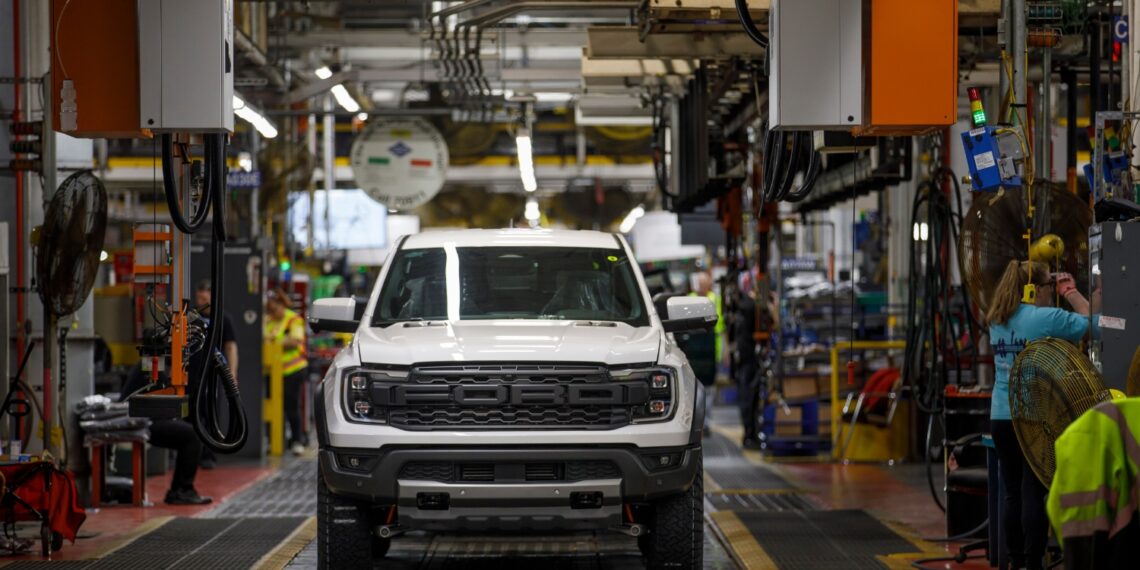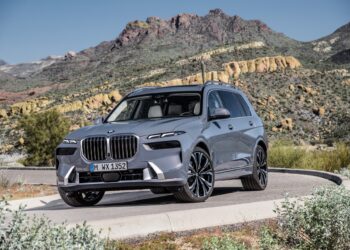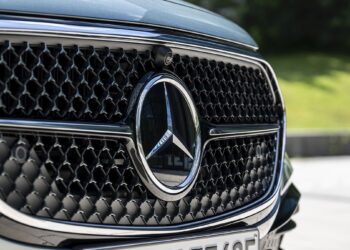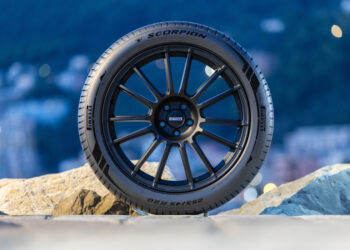American automakers are concerned about the tariff agreement reached between the U.S. and Japan, which will subject Japanese vehicles to a 15% customs duty, seen by companies as detrimental. The issue is that they pay much higher tariffs on steel, aluminum, and components than their competitors do.
“We need to review all the details of the agreement, but this is an agreement that will apply lower tariffs to Japanese cars without U.S. components”, said Matt Blunt, president of the American Automotive Policy Council, which represents the three American automakers: General Motors, Ford, and Stellantis, which includes the Jeep brand.
In an interview with “Reuters,” Matt Blunt noted that companies and workers in the U.S. “are at a disadvantage”, as they face customs duties of 50% on steel and aluminum and 25% on components and finished vehicles, with some exceptions for products covered by the trade agreement between the U.S. and Canada and Mexico, which came into effect in 2020.
U.S. President Donald Trump presented the agreement with Japan as a major victory after announcing it on Tuesday, assuring that it would add hundreds of thousands of jobs to the U.S. economy and open the Japanese market to American products in a way that would close the negative trade balance. The agreement, Trump said, will allow American cars to be sold in Japan, which does not currently happen.
However, the president of the American Automotive Policy Council made it clear that foreign cars have only a six percent share of the Japanese market and expressed skepticism about any “significant entry” into this market.










